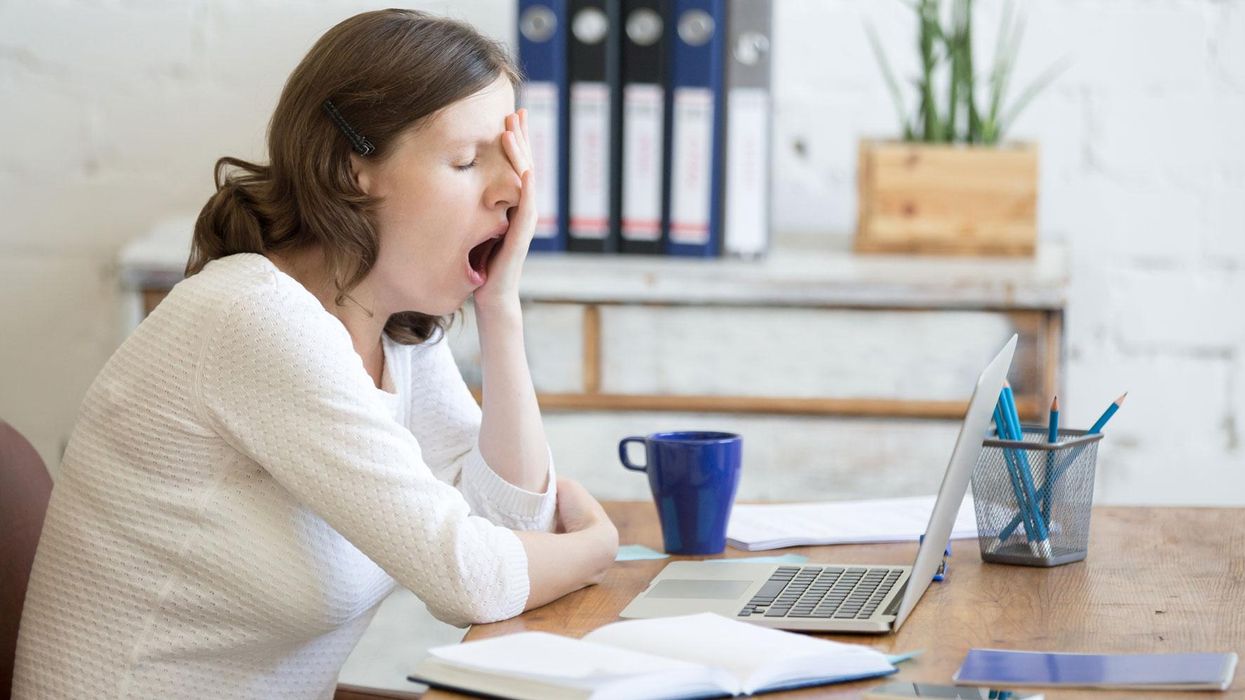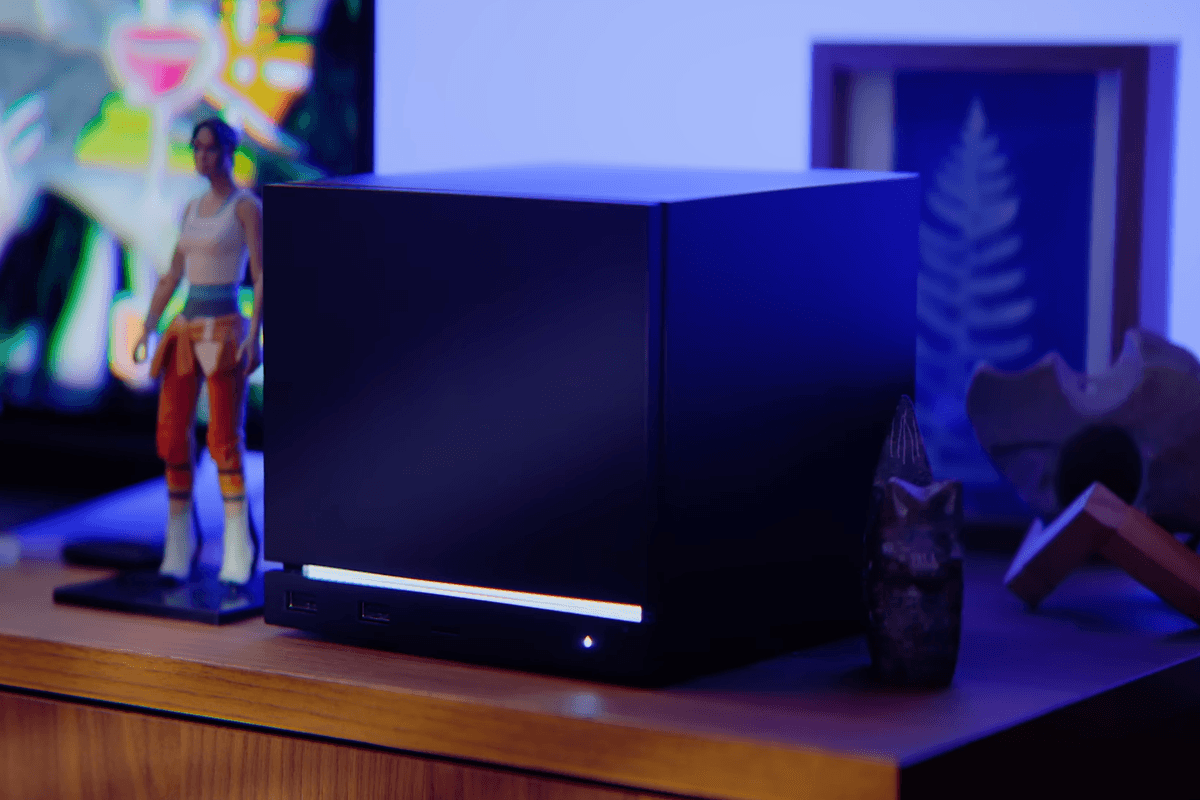News
Bridie Pearson-Jones
Jul 07, 2017

Picture:
fizkes / iStock
We've all had those days at work where, despite the double espresso at the start of the day, we want to be back in bed by mid-morning.
Whether it's been because we've been out on the town the night before or up at 5am to hit the gym, the early afternoon rolls around and instead of grabbing a sandwich to guzzle down at your desk - you wanna hit the hay instead.
The Japanese even have the word “inemuri,” which means having a tactical nap while on the job.
Unforunately, at most places, it's taboo to sleep on the clock. So most of us have to power through to early evening before we can get that nap.
Turns out, you have great reason to ask your boss to have 20 minutes away from your desk for a quick power nap. It's good for you, and it makes you more productive.
A recent study published in Nature Neuroscience researchers found that people's work performance deteriorates throughout the day, yet those who took a 30-minute map stopped the deterioration from happening, and for those who took a 60-minute nap performance improved.
Dr. Mednick, the authour of the study and sleep researcher, who authored: “Take a Nap! Change Your Life,” told the New York Times that different types of naps offer specific benefits.
Naps had the same magnitude of benefits as full nights of sleep if they had a specific quality of nap.
Napping for too long, can cause sleep inertia or a feeling of "grogginess" whereas a nap from 20-60 minutes can help with remembering things and learning specific details.
The reason 60 minutes is too long, is you begin to enter Rapid Eye Movement or R.E.M sleep, also known as "deep sleep".
It's not just one study that boasts about the importance of a catnap either.
A 2015 article published in Current Biology studied the sleeping habits of three hunter-gatherer preindustrial societies in Tanzania, Namibia and Bolivia and found that they sleep in the daytime.
Jerome Siegel, director of the UCLA Center for Sleep Research and professor of psychiatry and biobehavioral science told the New York Times:
They’re active in the morning, then they get in the shade under the trees and have a sort of quiet time, but they’re not generally napping. Then they do some work and go to sleep, and they sleep through the night.
But he adds that it's important to get a full night's sleep.
Daytime napping certainly does increase alertness. But it’s not as simple as going to the gas station and filling the tank.
Siegel adds that it's important to avoid caffeine, especially late in the day and aim to wake up at around the same time every day.
If you're a woman, the case is even better for napping at work.
Women need 20 more minutes of sleep than men, according to various neuroscientists. The perfect time to catch up on those 20 minutes? During work of course.
Top 100
The Conversation (0)















